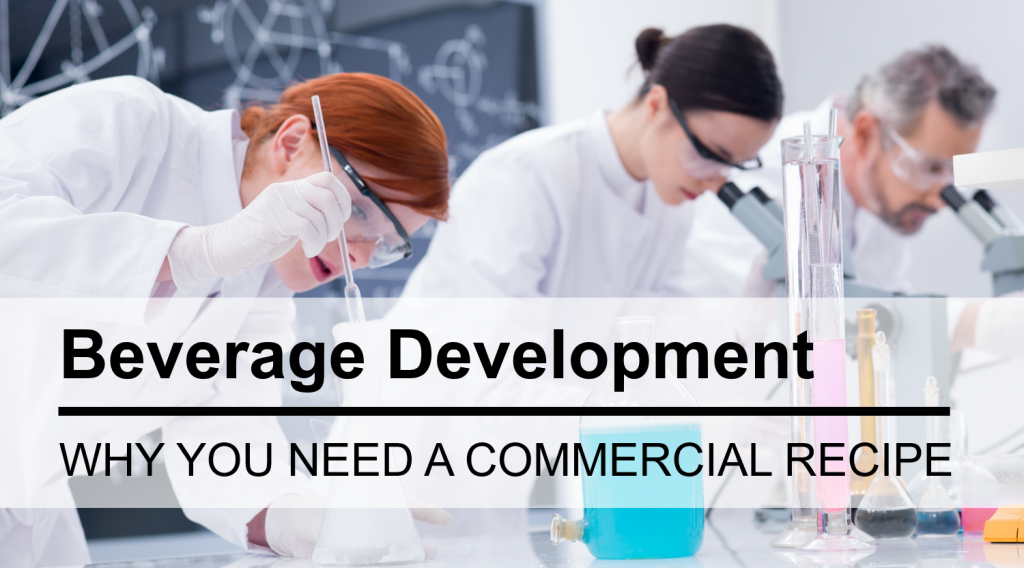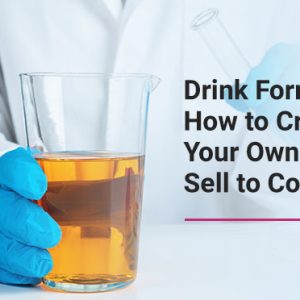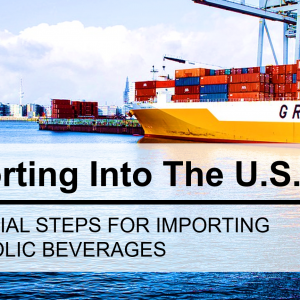Many beverage companies start out as an idea or homemade drink. In order to bring that concept to market and create a product ready to sell to consumers, a commercial recipe is necessary.
A commercial formula is the industry term used for a production-ready beverage recipe. Commercializing your beverage recipe provides contract manufacturers with the necessary details required to scale and produce your beverage in a consistent, efficient, and safe manner.
The Formulation Process
Below are the steps commonly followed when working with a beverage developer or formulator to create a commercial formulation:
1. Project Brief Development. It is important for the formulator to understand your beverage concept and the desired taste profile including flavor, smell, appearance, color, and mouthfeel. The more precise and comprehensive your project brief, the closer the resulting test samples will be to your vision. Other characteristics that have formulation implications include:
- Health Benefits & Claims (e.g. energy, weight loss, hydration, etc)
- Certifications (e.g. organic, non-GMO, kosher, gluten-free, etc.)
- Calories
- Flavor/Ingredient Call Outs (e.g. “made with real lemon juice,” “made with agave nectar,” etc.)
- Natural or Artificial Colors
- Allergen Restrictions
- Shelf Life
- Preservation Method
2. Recipe Development. Once your beverage concept is clearly defined and understood, the formulator will begin sourcing raw materials to start developing the first round of prototypes. First-round development can take anywhere between 4-6 weeks. When samples are ready, they will be sent to you for sensory review and feedback. If additional refinements are required, an iterative process begins with a second and third round of prototypes to follow.
3. Final Commercial Formulation. Once all aspects of the beverage meet requirements and your vision, you sign off on final formulation. The commercial formulation and Method of Manufacturer will be sent to you, with details outlining your ingredients and target liquid specification such as pH, Titratable Acidity (TA), Brix, percent Alcohol by Volume (ABV) for alcoholic products, carbonation/nitrogen (if applicable), filling/preservation method, and possible allergens (if applicable).
The formulation for your beverage is the foundation that your brand is built on. Be sure to allow yourself and the formulators enough time for formulation. Getting it right could be the difference between a successful product and failed one.
To get started on your beverage formulation process, contact us today to speak with one of our specialists.


